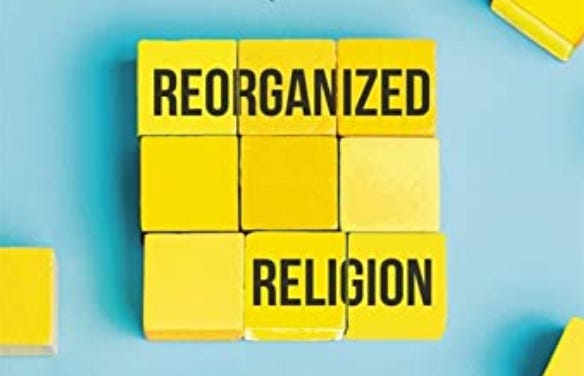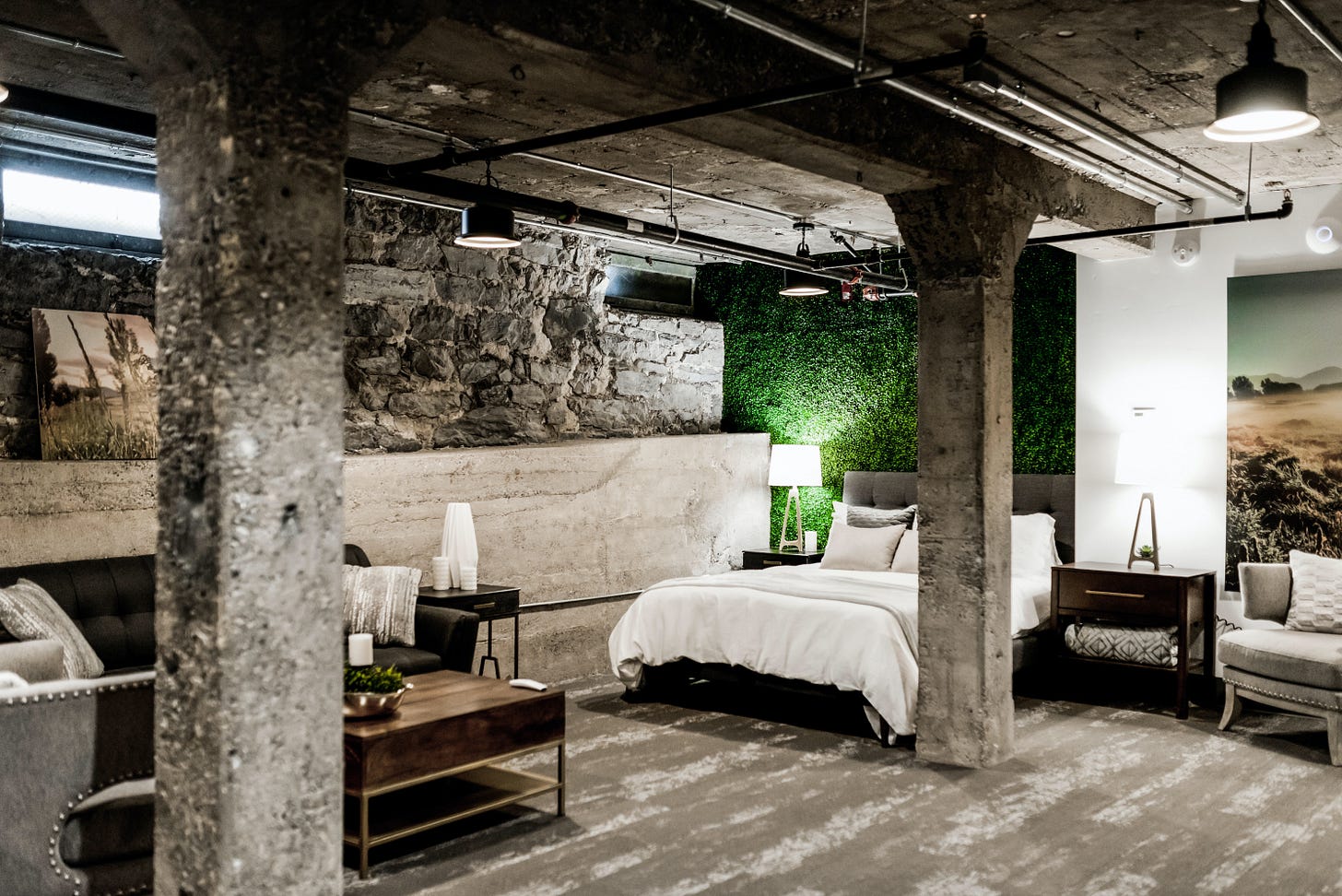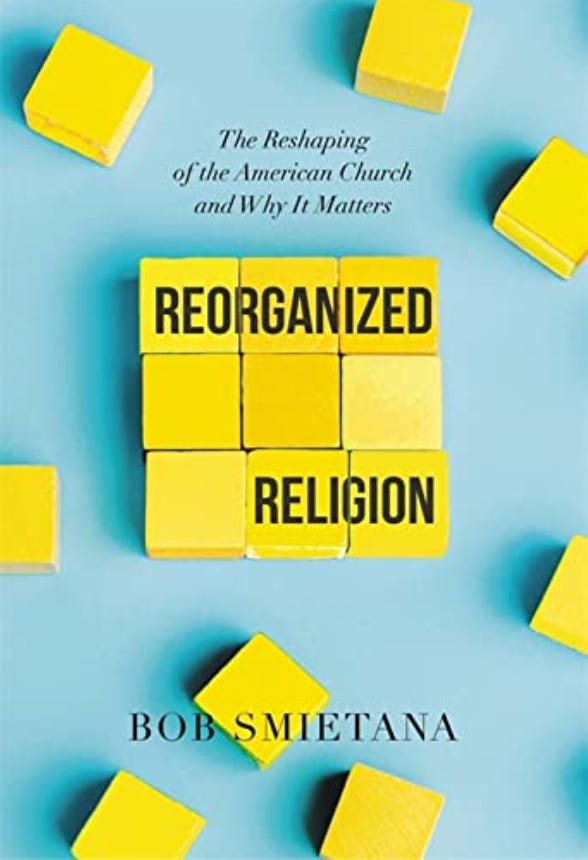Religion Is Only As Good As…
I just finished a moving chapter in Bob Smietana, in Reorganized Religion: The Reshaping of the American Church and Why It Matters. Bob has enough stories to tell about America’s religions that, if he began writing now, he could write beyond his lifetime. This chp contains two stories of his own. Good ones too.
“Religion harms and heals.” Anyone who denies either is mistaken. Just read John Dickson’s Bullies and Saints. The problem, of course, is that some of the latter are also the former. An easy explanation finds bad men as bullies and good women as saints, but when the good women are also bullies or the bad men are called saints…that’s when we get a mess.
At times we need what Bob explains as “surrogate faith,” that is, when the faith of others carries us along during our own deconstruction phases. At times the bad behaviors of supposedly good people does more than deconstruct our faith; it destroys it.
What Bob details in this chp are the good things Christian people do. Very good things.
The best theology of Christians doing good things is called A Compendium of the Social Doctrine of the Church, and it is one of the books I use to assess whether a full-scale theology has its compass pointed in the right direction. You would not be surprised how few evangelical theologies neither cite the book nor seem to have their compass pointed in the right direction about social presence. I’ll stop there because this Substack is not about that book. It’s about Smietana’s.
“Religion is only as good as the people who practice it.” You might want to stop and think about that one and write out a comment. Charles Marsh often writes about “lived theology,” and that’s the flipside of Smietana’s.
One of his themes is that America’s religious people and organizations are a load-bearing wall. If you know how housing works, you will know if you remove the load bearing wall the whole house may collapse. Basements often have metal poles from floor to wooden floor joists of the first floor. The church has been that load-bearing wall in American society.
Photo by Adam Winger on Unsplash
The question is this. What would happen in your community if the local churches and its host of volunteers disappeared? (Not in the rapture sense, but if you’re given to that, think of it that way.)
Two maybe three answers: (1) nothing, (2) not much, (3) the homeless and hungry would have no shelter and no food.
If you answer, 1 or 2, you might get busy.
Bob tells one story after another, but one of his highlighted ones is about Boston Warm and Laura Everett and the work faith communities in Boston did to provide for those lacking shelter when a bridge was torn down and access to a shelter was denied to many. The story perfectly illustrates the chapter: since so many relied on faith community provisions, more than sixty faith communities found new ways to support the persons in need.
Faith folks work together when needs arise because what “binds us together in Christ is stronger than what divides us” (quoting the Massachusetts Council of Churches’ statement).
Faith folks’ compassion has been one of America’s biggest safety nets. Bob has two stories about Black churches which are known for compassion. One in Oklahoma and one in Chicago, at Salem Baptist with James Meeks.
What happens if those churches collapse? And that’s happening to organized religion in the USA.
Faith folks are active in that “about half of congregations have a food pantry or other food distribution program.” 62% of the national network of food distribution programs are faith-based.
“If those programs disappear …” what then?
“In some ways [always give the writer time to clear the throat], the infrastructure of religion matters more than the spiritual part.”
But we have to work together, as Rabbi David Wolpe said when expressing deep concerns about the “spiritual but not religious” and its tendency to make it all individualistic… “together is harder, but together is better.”
During COVID-19 about 25% of churches started “new community support services.”
Religion harms and heals. Yes it does harm but one thing is clear: it does make society less awful, it holds back encroaching darknesses.
Acting with compassion witnesses to what one believes and it “might be as important as holding religious beliefs” in shaping behaviors.
If religion fades away who will tutor kids, form shelters, welcome the refugees, provide Turkey dinners and coats for kids without coats?
Religion “saved my mother’s life.” And his. His mother was poor, sleeping with her grandmother in the same bed until she left to be married. She got a scholarship from a faith-based nursing school and the whole of Bob’s life has been in contact with faith-based organizations that serve the public.





Thank you .
The best question, if asked to the surrounding community, is always: “if this church closed, how would it affect your community?”
The answer is truth, and it starts/keeps a conversation going.
Great post!!!